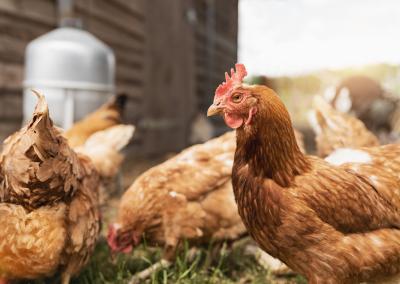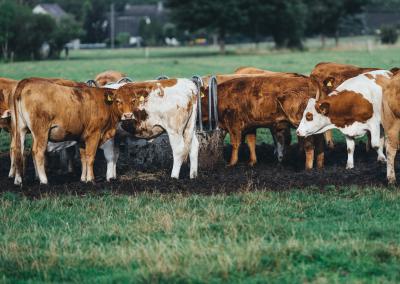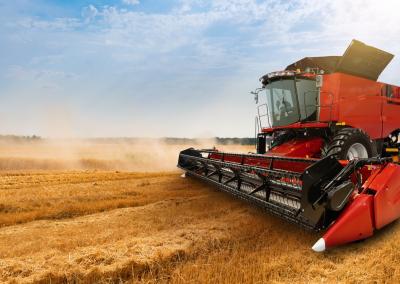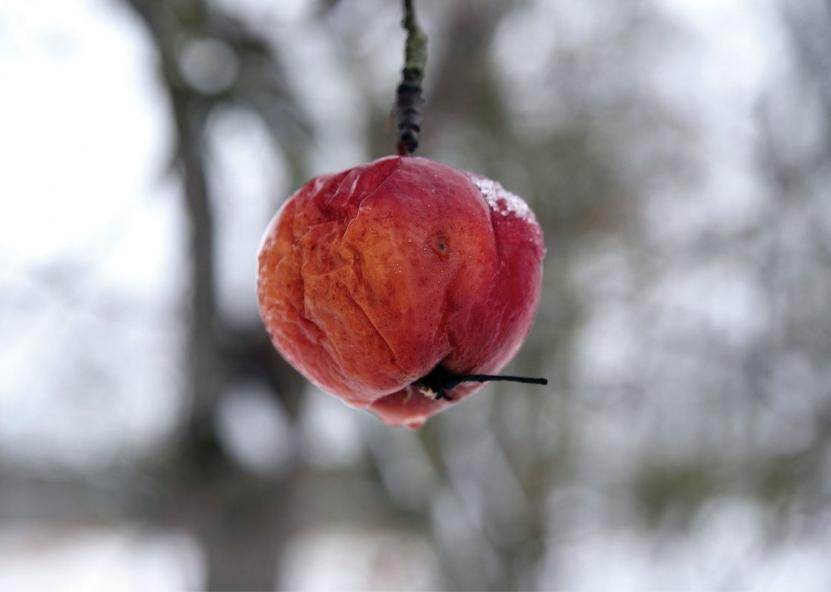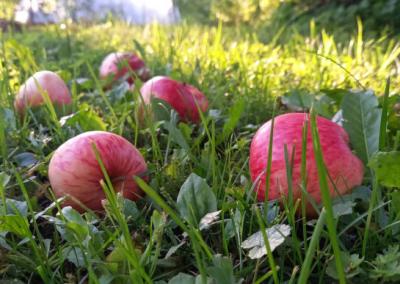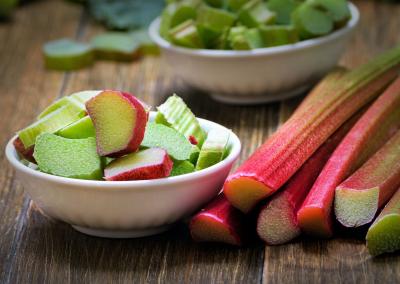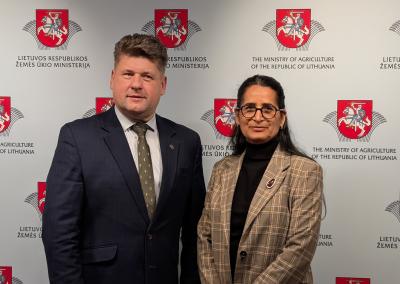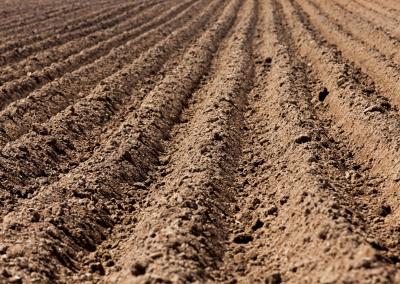Lithuanian apples only last until February
In a typical year, Lithuania produces between 30 and 50 000 tonnes of apples. Unfortunately, this year's very heavy spring frosts have significantly affected the harvest. It is expected that only around 4,000-5,000 tonnes will be harvested this year. This is about a tenth of the normal amount.
The situation is similar at UAB „Naradavaos sodai“ in our district. Although it has been a difficult year for the company, its representatives remain calm and do not panic.
Life has not collapsed
At UAB „Naradavos sodai“, which manages more than 270 hectares of gardens, the usual October routine is being followed: harvests are being sorted, machinery is being tidied up, and pruning of the trees has begun.
– Although we have only harvested about a tenth of the usual harvest, life has not collapsed. We are not letting it collapse," says company director Džiugas Palionis. The harvest, though much smaller, has been achieved, he says. About 200 seasonal workers had to be hired, compared with twice as many last year – about 400.
The manager stresses that the apple harvest itself is not tied to any pre-sale contracts: as much as is produced is sold on the market. However, the production situation is more complex.– We are different from most apple growers in that we have a processing plant and produce apple purees and jams. We have long-term agreements on production volumes, which is a serious commitment. This year's small harvest has forced us to scratch our heads and look for apples in other countries. We have been buying not only in Lithuania, but also in Latvia and Estonia, both from natural persons and legal entities," says Palionis.
Situation in Poland softer, but prices rising
The situation on the apple market is closely linked to neighbouring Poland, where 4–5 million tonnes of apples are harvested in a typical year. According to Mr Palionis, the situation there is much better than in Lithuania, with frosts affecting only individual regions. However, the quality this year is lower.
– As in Poland, there was a severe hailstorm which damaged some orchards and apples. As a result, prices for Polish apples have risen this year. We also have benchmarks on what we can ask for Lithuanian apples. The prices may not be very different from Polish ones, but we can and must offer a little more," says the manager of UAB „Naradavos sodai“.
Wants Lithuanian applesAccording to the director, buyers are interested in the situation in the horticultural sector, so the company regularly receives calls asking where to buy apples of this or that variety.
„We have noticed that Lithuanian apples are more often bought when there are discounts. However, buyers remain loyal to Lithuanian produce. Sometimes, when they can't find their favourite variety in the supermarket, they simply call us. Some are willing to pay more just to buy Lithuanian apples," says D. Palionis.
The businessman notes that interest in Lithuanian apples has grown even more this year, when the harvest is at a record low.
– In normal years, apples grown in Lithuania lasted until April–May. Given that Lithuanians consume around 1,000 tonnes of Lithuanian apples per month, this year they will probably run out in February, the Director predicts.
Seeking compensation
„As many as 45 varieties of apples are grown in the Naradava orchards“. According to Mr Palionis, all of them have suffered similarly.
– At around minus two degrees, some varieties may still be more resistant. But when the temperature drops to minus 7–8 degrees and stays that way for several hours, the differences between the varieties are no longer helpful, he explains.
The farm manager and his colleagues have already contacted the Ministry of Agriculture for help.
– The first time we went to the ministry was back in spring, just after the big frost. We asked for help not only at national level, but also from the European Union institutions, because it was not only Lithuania that was affected by this disaster. Last week, we visited the Ministry again. We spoke with both the Minister of Agriculture and the Deputy Minister and received confirmation that the orchards and berry-gardens affected by the frost will receive payments," Palionis said.
Although the harvest has been completed, work at the company has not stopped. Apples are going to the major supermarkets, orchards are being prepared for winter and machinery is being carefully maintained.
– This is the time of year when we take on all the work that we didn't have time for during the peak season. We are cleaning up, investing in technological upgrades and looking forward to next year, which we hope will be better," says Džiugas Palionis with a smile.

